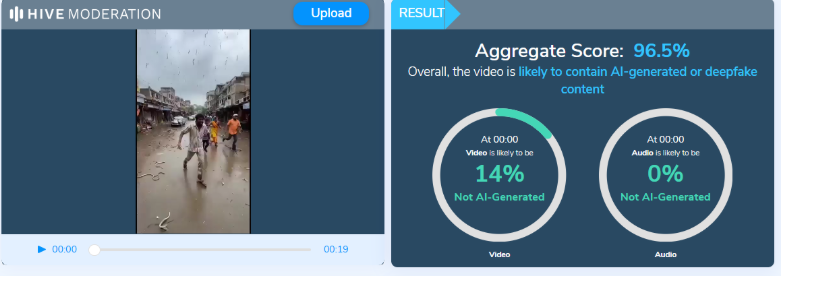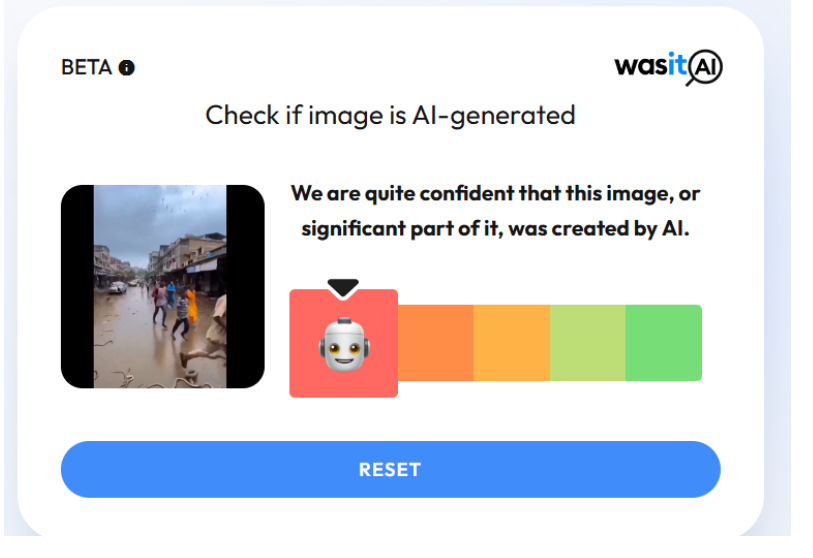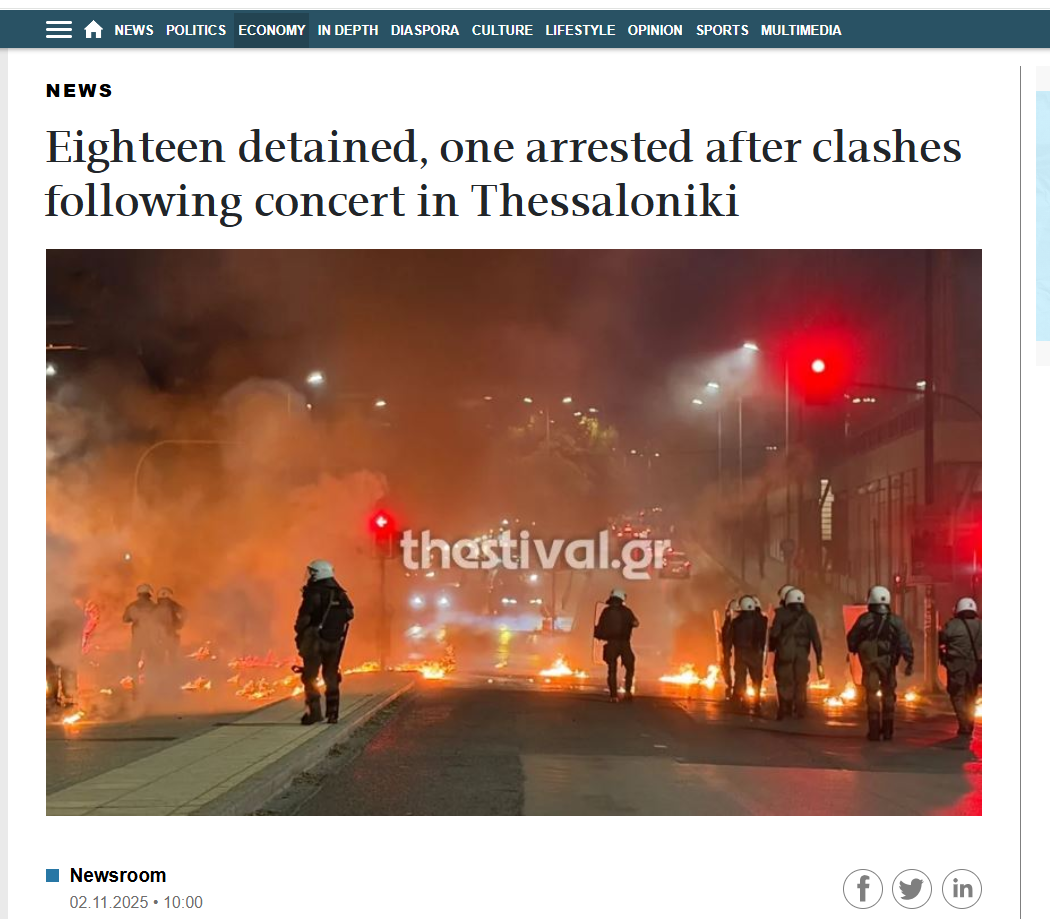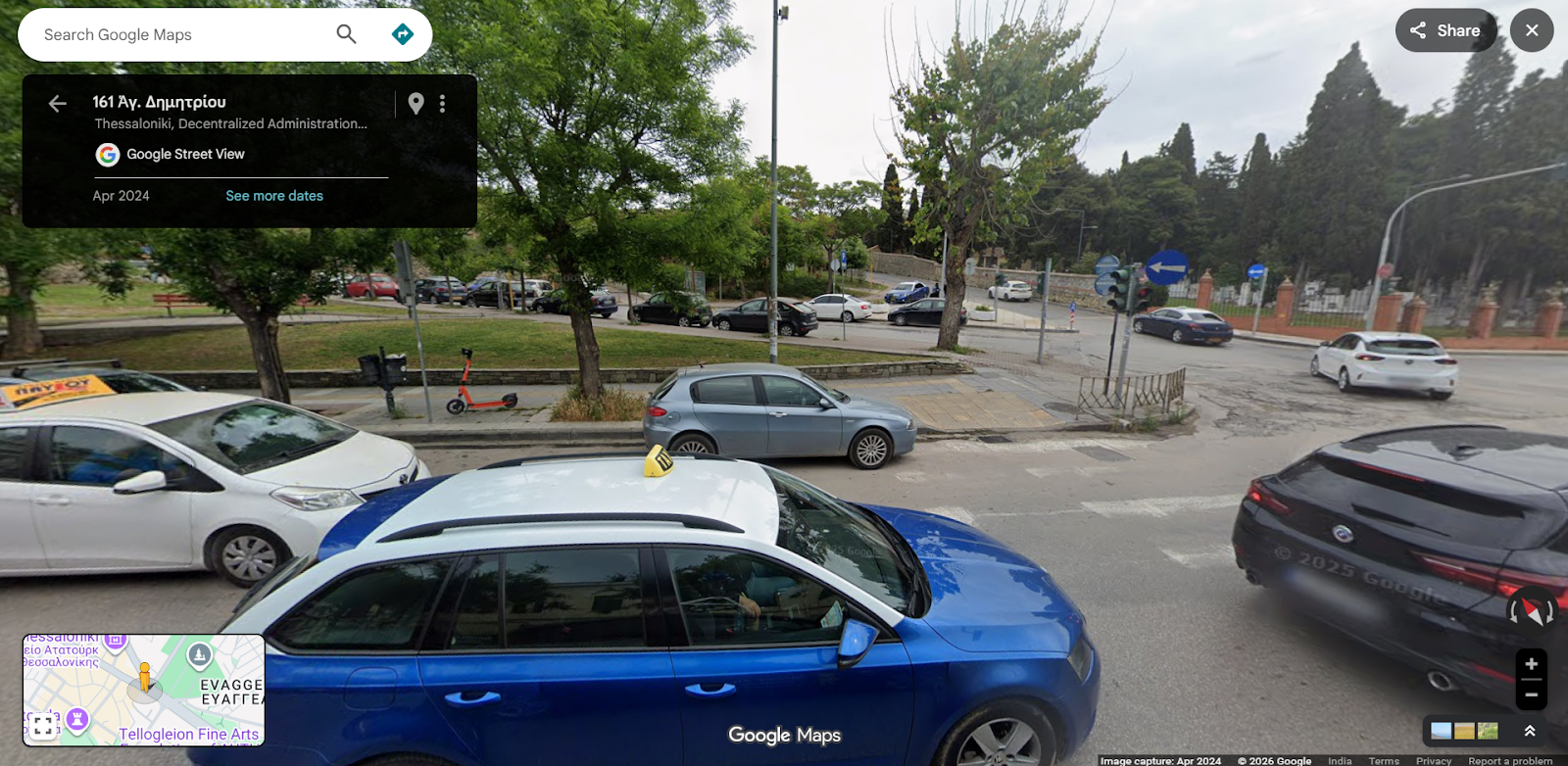Attack on Chrome Browser Extensions and Prevention Practices
Starting in mid-December, 2024, a series of attacks have targeted Chrome browser extensions. A data protection company called Cyberhaven, California, fell victim to one of these attacks. Though identified in the U.S., the geographical extent and potential of the attack are yet to be determined. Assessment of these cases can help us to be better prepared for such instances if they occur in the near future.
The Attack
Browser extensions are small software applications that add and enable functionality or a capacity (feature) to a web browser. These are written in CSS, HTML, or JavaScript and like other software, can be coded to deliver malware. Also known as plug-ins, they have access to their own set of Application Programming Interface (APIs). They can also be used to remove unwanted elements as per customisation, such as pop-up advertisements and auto-play videos, when one lands on a website. Some examples of browser extensions include Ad-blockers (for blocking ads and content filtering) and StayFocusd (which limits the time of the users on a particular website).
In the aforementioned attack, the publisher of the browser at Cyberhaven received a phishing mail from an attacker posing to be from the Google Chrome Web Store Developer Support. It mentioned that their browser policies were not compatible and encouraged the user to click on the “Go to Policy”action item, which led the user to a page that enabled permissions for a malicious OAuth called Privacy Policy Extension (Open Authorisation is an adopted standard that is used to authorise secure access for temporary tokens). Once the permission was granted, the attacker was able to inject malicious code into the target’s Chrome browser extension and steal user access tokens and session cookies. Further investigation revealed that logins of certain AI and social media platforms were targeted.
CyberPeace Recommendations
As attacks of such range continue to occur, it is encouraged that companies and developers take active measures that would make their browser extensions less susceptible to such attacks. Google also has a few guidelines on how developers can safeguard their extensions from their end. These include:
- Minimal Permissions For Extensions- It is encouraged that minimal permissions for extensions barring the required APIs and websites that it depends on are acquired as limiting extension privileges limits the surface area an attacker can exploit.
- Prioritising Protection Of Developer Accounts- A security breach on this end could lead to compromising all users' data as this would allow attackers to mess with extensions via their malicious codes. A 2FA (2-factor authentication) by setting a security key is endorsed.
- HTTPS over HTTP- HTTPS should be preferred over HTTP as it requires a Secure Sockets Layer (SSL)/ transport layer security(TLS) certificate from an independent certificate authority (CA). This creates an encrypted connection between the server and the web browser.
Lastly, as was done in the case of the attack at Cyberhaven, it is encouraged to promote the practice of transparency when such incidents take place to better deal with them.
References
- https://indianexpress.com/article/technology/tech-news-technology/hackers-hijack-companies-chrome-extensions-cyberhaven-9748454/
- https://indianexpress.com/article/technology/tech-news-technology/google-chrome-extensions-hack-safety-tips-9751656/
- https://www.techtarget.com/whatis/definition/browser-extension
- https://www.forbes.com/sites/daveywinder/2024/12/31/google-chrome-2fa-bypass-attack-confirmed-what-you-need-to-know/
- https://www.cloudflare.com/learning/ssl/why-use-https/















